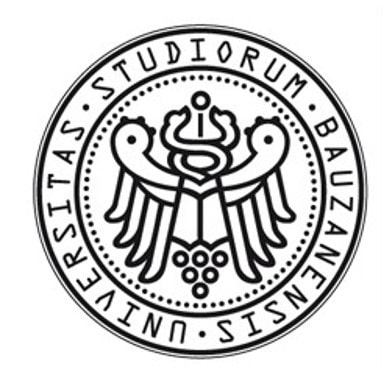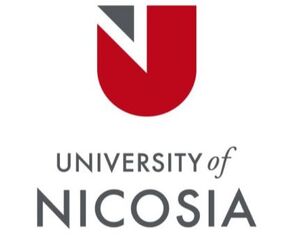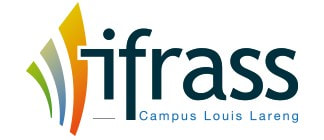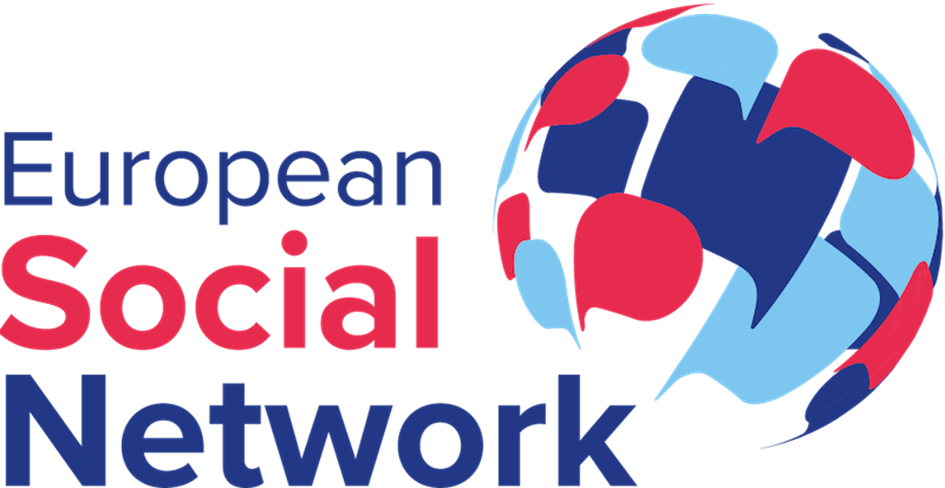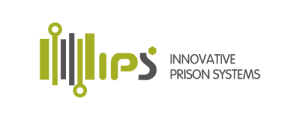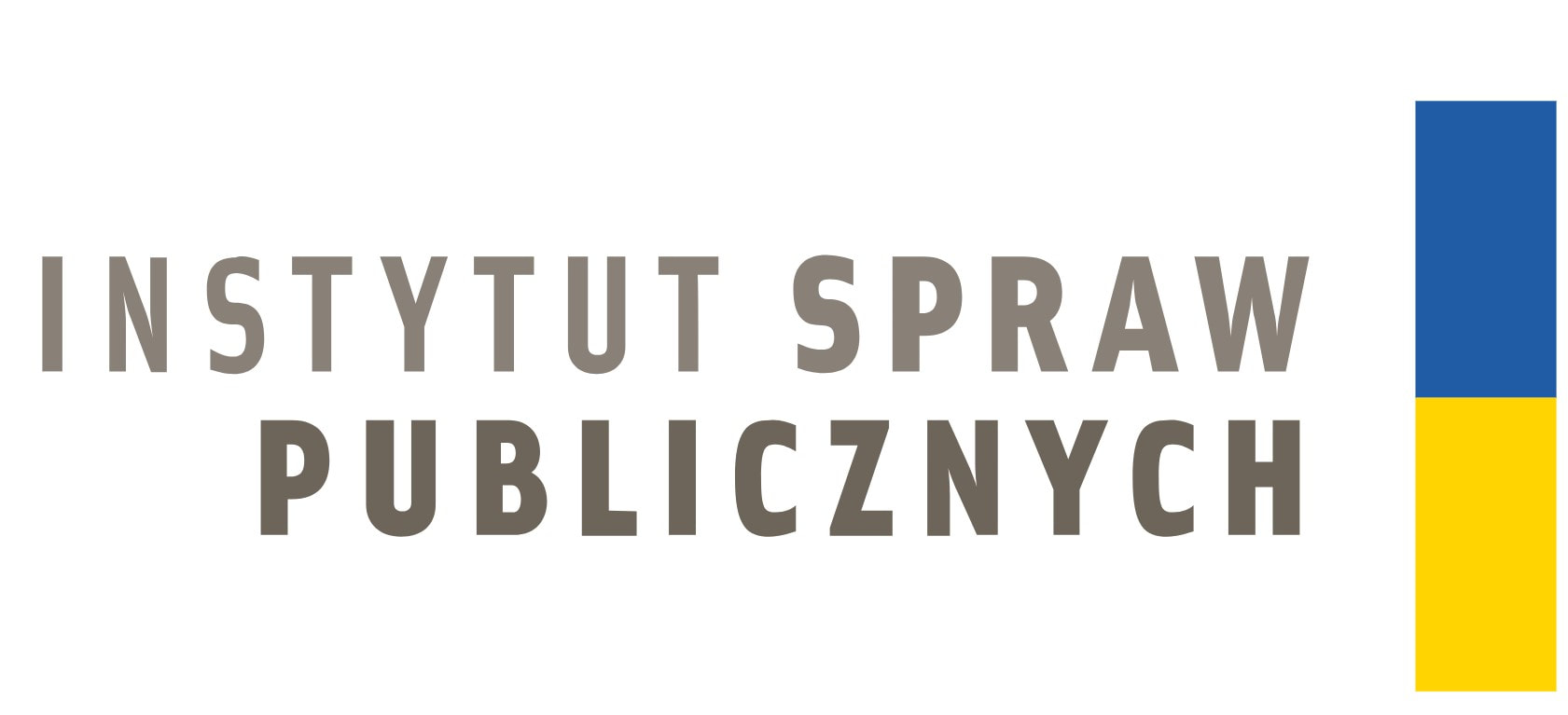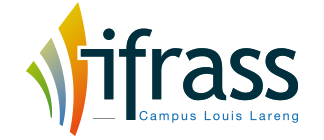Partners
The SISWEC project's partnership was born within the previous project REDE DISCO of the Council of Europe where the French, Polish and Austrian partners were partners. The concept note for SISWEC was then defined, centered on the renovation of social work university courses and contacted the EASSW which coordinates the social work universities. The IFRASS (France), the Salzburg Department of Social Work (Austria), the Instytut Spraw Publicznych - Institute of Public Affairs of Poland and the University of Bolzano (Italy) are part of this network and have conducted a reflection on the necessary adaptations of social work training in the face of the crisis in Europe. It is in a will to take into account the social action institutions of the Member States and a will to work with the policy makers that a cooperation work with the European Social Network, ESN, has been developed. Finally, IPS_Innovative Prison Systems, from Portugal works with Militants des Savoirs and the other members of the partnership on the mediatization of knowledge and the creation of MOOC. They also have a mastery of the justice and social professions (penitentiary educators, judicial protection of youth, probation and integration services).
The added value of this partnership is the experience of working together, the importance of converging points of view, the methodologies developed in terms of project management, and finally the alliance of academics, institutions and practitioners of social action.
The added value of this partnership is the experience of working together, the importance of converging points of view, the methodologies developed in terms of project management, and finally the alliance of academics, institutions and practitioners of social action.
|
SISWEC Project Coordinator:
Association Les Militants des Savoirs - France Association Les Militants des Savoirs is a well-renowned association that aims to foster popular education, using academic knowledge to answer the pressing needs of the population. In the last years, this organisation has been involved in the development of tools to prevent digital violence and radicalisation, accounting for different and multiple partnerships, to act alongside local actors to educate families, citizens and youngsters on the risks of radicalisation and violent actions. Website: https://militantsdessavoirs.org/en/ Contact email : Rasha Nagem, Director, [email protected] |
|
Free University of Bozen-Bolzano - Italy
The Free University of Bozen-Bolzano is located in one of the most fascinating European regions, at the crossroads between the German-speaking and Italian economies and cultures. Its trilingualism in teaching and research, its high level of internationalisation as well as an ideal study environment guaranteed by its excellent facilities are some of the reasons why unibz regularly reaches top positions in national and international rankings. Website: www.unibz.it/ Contact email: Urban Northdurfter, [email protected] |
|
Fachhochschule Salzburg GmbH - Austria
Founded in 1995, the Salzburg University of Applied Sciences, today has more than 3.000 students and offers 18 BA and 12 MA degree programs, among them the BA program Social Work and the MA Social Innovation. The research team of the Department of Social Work has been engaged in various local and international research/transfer projects. Driven by an interdisciplinary team, research focuses on the topics Generations & Health, Migration Society, Democracy & Participation, Social Inequality and Childhood, Youth & Family. The research group has been participating in various EU-funded projects on the topics (political) extremism and citizenship education (PRACTICIES/2017-2020/H2020, IcARUS/2020-still running/H2020, RAD2Citizen/2020-2022/ISF, REDE/2020-2021/Council of Europe). Website: www.fh-salzburg.ac.at Contact email: Ulrike Garstenauer, [email protected] |
|
University of Nicosia - Cyprus
The University of Nicosia (UNic) is the largest private university in Cyprus with over 12500 students. It is an independent, co-educational, equal opportunity institution of higher education, which offers a wide range of programmes to students from around the world. The University offers undergraduate as well as graduate studies in business, science, medicine, education and the liberal arts. It employs more than 400 academics in various topics. Since 2005 the University of Nicosia offers two programs in Social Work Education in postgraduate and undergraduate level. Both programs are accredited. The bilingual BSc and MSc programs in Social Work combine a strong research orientation with consistent elements of practice learning and emphasizes European, transnational and international perspectives in Social Work and Social Work Education. The Social Work group at the Department of Social Sciences consists of four (4) f-t and four (p-t) faculty including tenured staff in all positions and social work professionals. They are all involved in research and teaching (also on PhD level). Nevertheless, SW faculty belongs to a larger department with over twenty full time academics. Website: www.unic.ac.cy Contact email: Christos Panagiotopoulos, [email protected] |
|
Institut de Formation, Recherche, Animation, Sanitaire et Social - France
IFRASS is an Institute of Training Research Animation Sanitary and Social. It develops training courses in the areas of health, early childhood, specialized education and animation. The institute prepares students for the diplomas leading to the State Diplomas of Nursery Worker, Nursery Assistant, Care Assistant, Educational and Social Assistant, Young Child Educator, Specialized Educator and Educator Monitor. The establishment receives more than 1200 students, the vast majority of whom come from the Occitanie region. The research dimension is present in the institute and a research team on social work collaborates with several laboratories of the University of Human Sciences of Toulouse Jean Jaurès. Distance learning is being developed with three FOAD training courses already available (cap petite enfance, aide soignante, auxiliaire de puériculture. IFRASS-International refers to all the European and international activities carried out by the institution for several years. These include thematic exchanges and best practices with its partners as well as training and teaching mobility for staff and internships and studies for students. The institute relies on the European program of education and training ERASMUS +, and on the mechanisms of mobility REGION Occitanie. IFRASS intends to develop its mission of training in health and social work and promoting citizenship through a network of interprofessional and intercultural exchanges in Europe and around the world, whose expectations are summarized in the discovery, openness and mutual enrichment for its students in the health and social fields and for its teaching, technical and administrative staff. Ifrass is a signatory of the Erasmus Higher Education Charter 2021 2027. Website: www.ifrass.net Contact email: Aurélie Tourail, [email protected] |
|
European Social Network (ESN)
The European Social Network (ESN) is the independent European network for local public social services bringing together social services departments at national, regional, and local authorities with statutory duties for planning, managing, funding, delivering, and inspecting public social services. ESN members work with different population groups: children at risk of harm or neglect, adults with disabilities and mental health issues, homeless people and older people. Our membership also includes wider associated agencies with responsibility for regulation and inspection, applied research and more recently care providers procured by public authorities to deliver care and support for different populations. ESN supports the development of effective social services and social care practice through the exchange of knowledge and expertise. ESN gathers its members with the aim to inform them about the latest European policy and practice trends, to learn from each other’s experience, so that with the knowledge gathered we can influence national and European policies. ESN is the eyes, ears, and voice of public social services in Europe. Members are the core of ESN’s work. ESN currently brings together 161 organisations from 36 countries within and outside Europe, including national association of social services directors, departments of social services in national, regional, county and local authorities, regulatory and inspection agencies, universities and other applied research organisations, and large care providers. Members participate in the exchange and building activities organised by ESN including seminars, working groups, training programmes, peer learning visits and activities outside the co-funded EC programme, such as the European Social Services Conference and the European Social Services Awards. Website: https://www.esn-eu.org/ Contact email: Francesco Capuani, [email protected] |
|
IPS Innovative Prison Systems (IPS) - Portugal
IPS Innovative Prison Systems (IPS) is a boutique research and consulting firm specialised in the field of justice, correctional services, community sanctions and measures, juvenile justice and law enforcement. Our team has been growing its know-how and intervention since the early 2000’s. Company management team relies in more than one and a half decade of expertise in policy advisory, strategic consulting, training, e-learning consultancy and development of information technologies for probation and correctional systems. IPS senior experts have been working since 2002 on Prison Innovation Systems in different countries in Europe and Latin America; visited 44 prison systems in 38 countries worldwide, comprising more than 400 visits to prison and juvenile education and detention centres. IPS develops integrated projects, supporting change management in complex organisations, while developing and implementing programs targeting prison staff, top management and offenders. IPS has in its portfolio the development, testing & embedding throughout different prison systems (PT, RO, ES & DE among others) & in EU networks (www.exocop.eu, IPS supported the conceptual design) of strategic management (balance score card, Common Assessment Framework in 18 prisons), educational/ training, communities of practices & quality processes adapted to prisons services with solutions that integrate people, processes & covering more than 8000 prison professionals. In training, we include the implementation of learning management systems for the delivery of more than 10 trainings programmes in e- and blended learning formats. Website: IPS Innovative Prison Systems Contact email: Ana Nascimento, [email protected] |
|
Fundacja Instytut Spraw Publicznych - Poland
The Institute of Public Affairs (IPA) is a leading Polish think tank and an independent centre for policy research and analysis, established in 1995. Its mission is to contribute to informed public debate on key Polish, European and global policy issues. Its main areas of study include European policy, social policy, civil society, migration, gender equality, climate change and sustainable development, as well as law and democratic institutions. The IPA has a team of around 20 in-house researchers/policy analysts and an extensive network of associate experts from academia and other paths of life. We publish the results of our projects in research reports, policy papers and books, which are broadly disseminated among members of parliament, government officials and civil servants, academics, journalists and civil society activists. The IPA has an extensive research experience. Each year dozens of projects are being carried out, out of which numerous imply the coordination of the research process and application of both quantitative and qualitative methods (including opinion polls and focus group interviews). Since its beginning, IPA has been an active actor of in the field of democratic transition and the rule of law. Our experts and analysts have been engaged in monitoring the current state of affairs and proposing recommendations regarding different aspect of the Polish democracy, including constitution and legal system, political parties, electoral system, corruption prevention mechanisms and civic participation. Website: Institute of Public Affairs (isp.org.pl) Contact email: Filip Pazderski, [email protected] |


